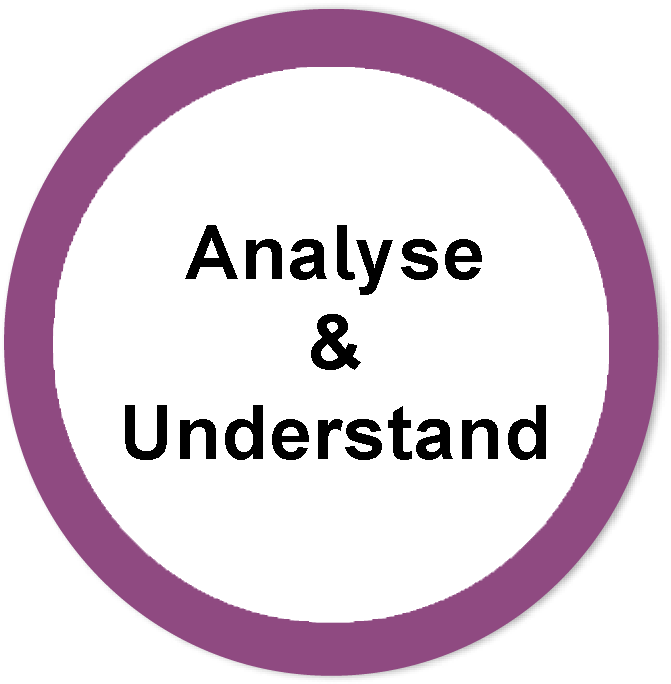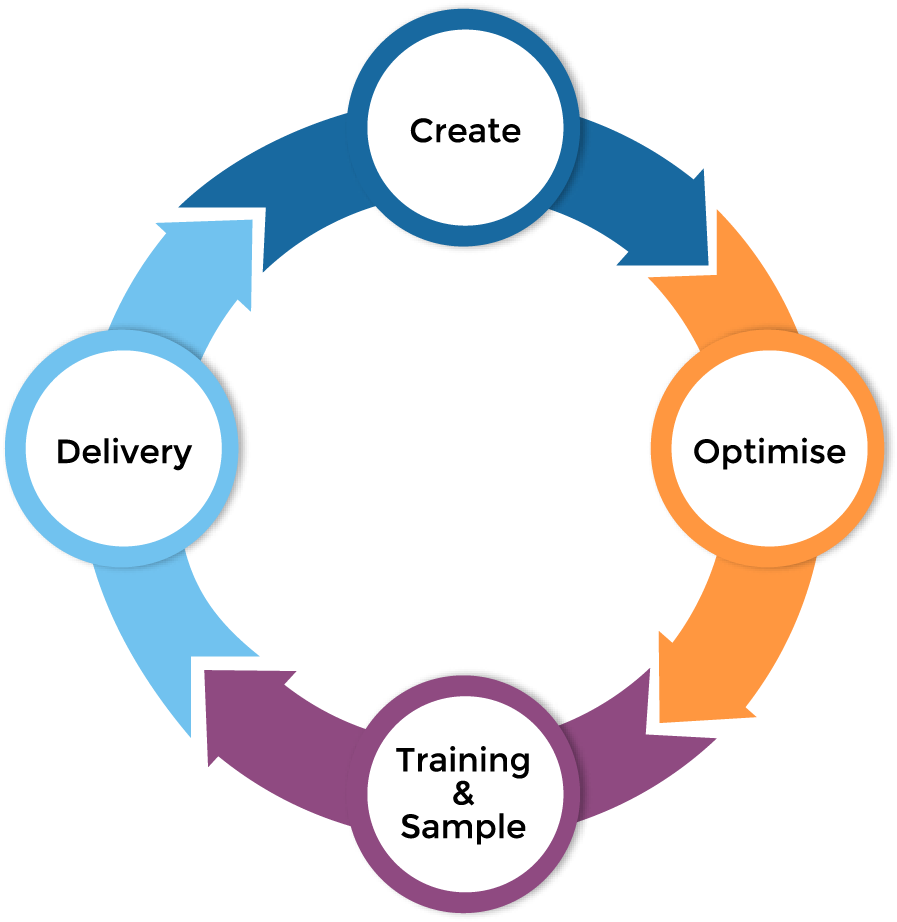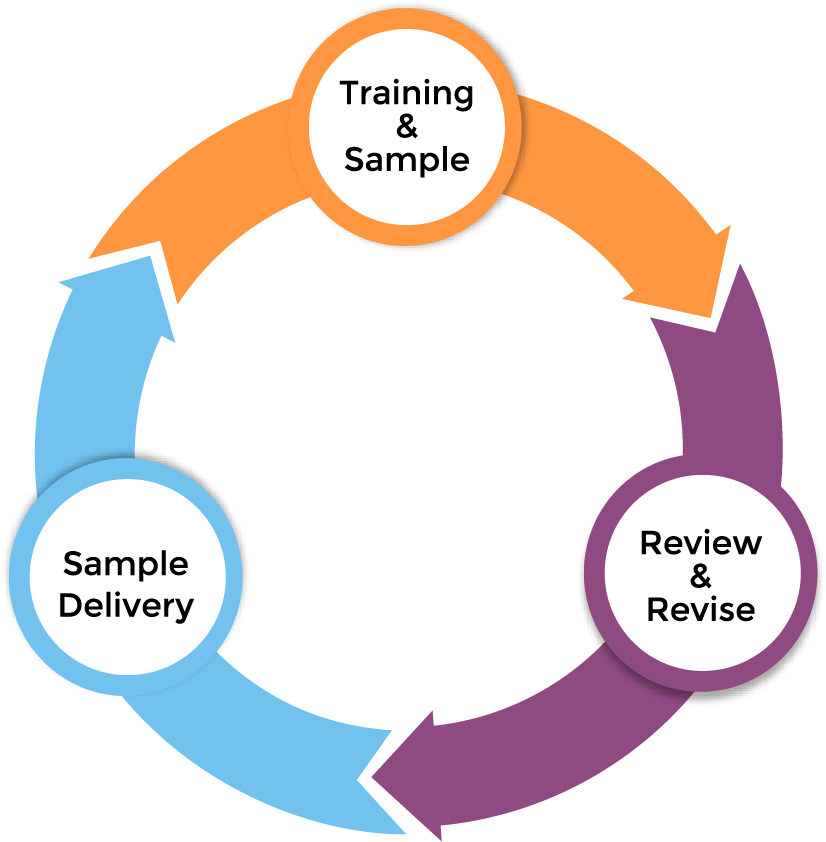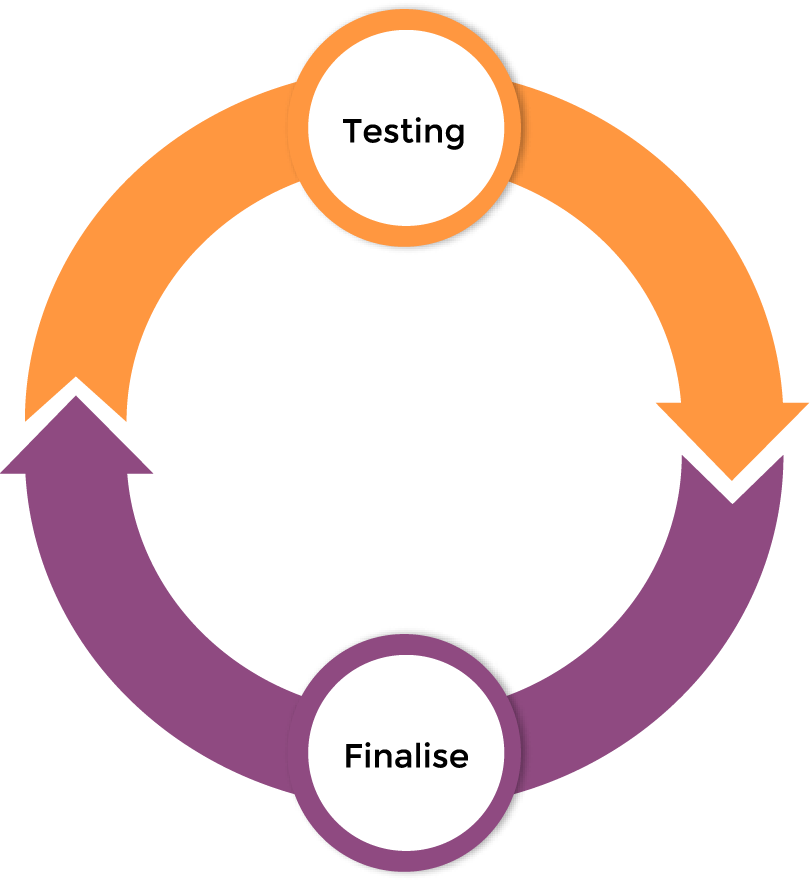It is common to feel anxious about upcoming academic exams, whether it's for school, college,
entrance exams, or professional certifications. Effective test preparation can be a key to achieving
your desired score.
Test preparations familiarize one with the format of the test.
• Resources being the study material, video lessons or audiobooks guide the preparation
methods. They help in boosting the knowledge and assess the aptitude skills.
• However, reviewing the concept is not enough. Practice tests condition the mind with the
real exam environment. They also help in assessing the strengths and weaknesses in the preparation.
• Being updated with the test guidelines provides confidence for the test. It is necessary while
preparing for a test to look into the change in guidelines and format from time to time.
The comprehensive approach of understanding the test, practising regularly and maintaining physical
and mental being helps in excelling the test preparation journey.
Remember, while preparing for a test, it's not just about the quantity of time you invest, but the
quality. Focused, strategic preparation is often more effective than simply spending a lot of time studying.
Always keep in mind that while test scores are important, they're just one part of your broader
academic or professional profile.
Scholastic Assessment Test
The SAT, or Scholastic Assessment Test, is a standardized test often taken by high school students
applying to bachelor's degree colleges in the United States.
The test measures skills in math, evidence-based reading, and writing. It's usually divided into
sections with multiple-choice questions and an optional essay. Students earn scores ranging from 400
to 1600 points, by combining math and reading/writing scores. The SAT scorecard is generally valid
for 5 years.
There is no age restriction to give SAT exam. Preparing for the SAT involves practising different
question types and test-taking strategies.
Remember, the SAT is just one part of your application, and colleges also look at your grades,
activities, and essays.
So, while the SAT is important, it's not the only thing that defines your college future.
American College Testing
ACT is an acronym for American College Testing. It is a standardized assessment widely recognized
for its role in undergraduate (bachelor's) degree program admission in the United States.
The test comprises four sections i.e., English, Math, Reading, and Science. With this test, the ACT
measures critical thinking, problem-solving, and analytical abilities. There is an optional writing
(Essay) section. The test is computer-based. However, in some regions where computer-based testing
is not possible, paper-based testing is conducted.
There is no age restriction. The ACT’s composite score ranges from 1 to 36. The fees for the ACT are
different for writing and no writing test. There is an additional fee required to be paid by the
participants outside the U.S.
Graduate Record Examinations
The Graduate Record Examinations (GRE) is an exam used for admissions to graduate schools in the
United States, Canada, and a few other countries, primarily for MS and MBA programs. The GRE is
administered by ETS (Educational Testing Service).
The exam evaluates students' verbal reasoning, quantitative reasoning, analytical writing, and critical
thinking skills. It can be taken as a computer-based test, a paper-delivered test, or the GRE at Home
option. There is no age restriction for taking this exam.
The GRE score is valid for up to 5 years. The fee for the GRE General Test is 22,550 INR, and the ₹
GRE Subject Test costs 14,500 INR. The GRE Subject test has a duration of 2 hours and 50 ₹
minutes. Students can opt to take the subject test in the following areas:
• Chemistry
• Mathematics
• Physics
• Psychology
Graduate Management Admission Test
The GMAT, abbreviation for Graduate Management Admission Test, is a crucial standardized exam
for people who aspire to pursue a graduate business degree such as MBA.
The GMAT contains the following four sections:
• Verbal,
• Analytical Writing Assessment,
• Quantitative, and
• Integrated Reasoning.
The scores range from 200-800. The test takes 3.5 hours to complete, with two optional breaks. It is a
computer-based test. The GMAT scorecard is valid for five years.
As MBA admissions become increasingly competitive, dedicated preparation for the GMAT, using
study guides, courses, and practice exams, is crucial for aspirants aiming for excellence. The cost for
the GMAT exam in India is nearly 22,800 INR.
Graduate Aptitude Test in Engineering
GATE (Graduate Aptitude Test in Engineering) is a national-level entrance exam. It is conducted
jointly by IISC (Indian Institute of Science) Bangalore and seven IITs (Indian Institute of
Technology) on behalf of the Ministry of Human Resource Development and the Department of
Education.
The exam is conducted each year for admission to various universities for those who want to do post-
graduation or a PhD in a technical discipline. The score-card of GATE is valid for three years and can
also be used for selection in PSUs (Public sector Undertakings). The GATE exam is considered one of
the most difficult exams in the country.
National Eligibility cum Entrance Test
NEET stands for "National Eligibility cum Entrance Test" for medical and dental admissions The
National Testing Agency conducts the NEET exam once every year in India.
The exam consists of Physics, Chemistry, and Biology questions. The duration of the exam is 3 hours
and 20 minutes to solve 200 multiple-choice questions. The NEET scorecard is valid for a year.
Admissions to the medical and dental seats are based on the centralized counselling conducted by the
Medical Counseling Committee (MCC).
Students of Indian origin with the age between 17-25 years are eligible to appear in the exam. There is
relaxation in age for the students of special categories.










